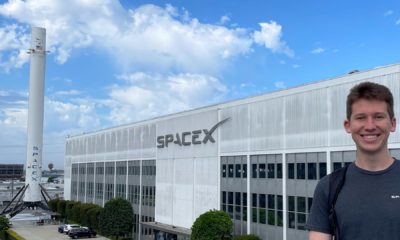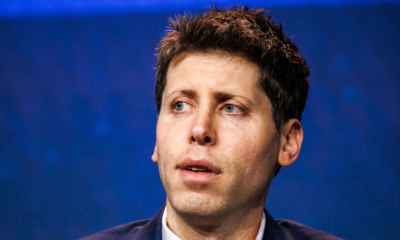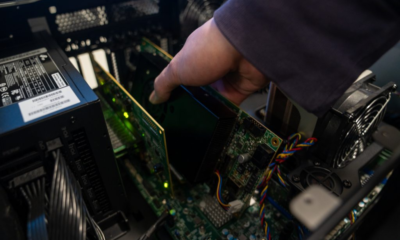Tech News
Sam Altman says helpful agents are poised to become AI’s killer function – MIT Technology Review
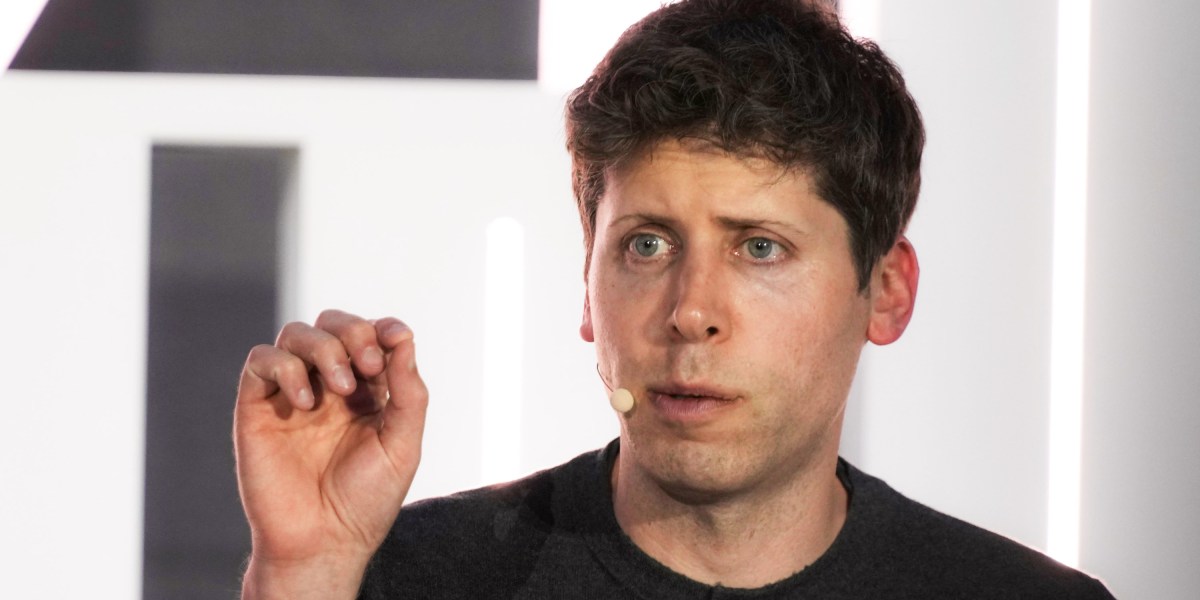
Open AI’s CEO says we won’t need new hardware or lots more training data to get there.
A number of moments from my brief sit-down with Sam Altman brought the OpenAI CEO’s worldview into clearer focus. The first was when he pointed to my iPhone SE (the one with the home button that’s mostly hated) and said, “That’s the best iPhone.” More revealing, though, was the vision he sketched for how AI tools will become even more enmeshed in our daily lives than the smartphone.
“What you really want,” he told MIT Technology Review, “is just this thing that is off helping you.” Altman, who was visiting Cambridge for a series of events hosted by Harvard and the venture capital firm Xfund, described the killer app for AI as a “super-competent colleague that knows absolutely everything about my whole life, every email, every conversation I’ve ever had, but doesn’t feel like an extension.” It could tackle some tasks instantly, he said, and for more complex ones it could go off and make an attempt, but come back with questions for you if it needs to.
It’s a leap from OpenAI’s current offerings. Its leading applications, like DALL-E, Sora, and ChatGPT (which Altman referred to as “incredibly dumb” compared with what’s coming next), have wowed us with their ability to generate convincing text and surreal videos and images. But they mostly remain tools we use for isolated tasks, and they have limited capacity to learn about us from our conversations with them.
In the new paradigm, as Altman sees it, the AI will be capable of helping us outside the chat interface and taking real-world tasks off our plates.
I asked Altman if we’ll need a new piece of hardware to get to this future. Though smartphones are extraordinarily capable, and their designers are already incorporating more AI-driven features, some entrepreneurs are betting that the AI of the future will require a device that’s more purpose built. Some of these devices are already beginning to appear in his orbit. There is the (widely panned) wearable AI Pin from Humane, for example (Altman is an investor in the company but has not exactly been a booster of the device). He is also rumored to be working with former Apple designer Jony Ive on some new type of hardware.
But Altman says there’s a chance we won’t necessarily need a device at all. “I don’t think it will require a new piece of hardware,” he told me, adding that the type of app envisioned could exist in the cloud. But he quickly added that even if this AI paradigm shift won’t require consumers buy a new hardware, “I think you’ll be happy to have [a new device].”
Though Altman says he thinks AI hardware devices are exciting, he also implied he might not be best suited to take on the challenge himself: “I’m very interested in consumer hardware for new technology. I’m an amateur who loves it, but this is so far from my expertise.”
Upon hearing his vision for powerful AI-driven agents, I wondered how it would square with the industry’s current scarcity of training data. To build GPT-4 and other models, OpenAI has scoured internet archives, newspapers, and blogs for training data, since scaling laws have long shown that making models bigger also makes them better. But finding more data to train on is a growing problem. Much of the internet has already been slurped up, and access to private or copyrighted data is now mired in legal battles.
Altman is optimistic this won’t be a problem for much longer, though he didn’t articulate the specifics.
“I believe, but I’m not certain, that we’re going to figure out a way out of this thing of you always just need more and more training data,” he says. “Humans are existence proof that there is some other way to [train intelligence]. And I hope we find it.”
OpenAI’s central vision has long revolved around the pursuit of artificial general intelligence (AGI), or an AI that can reason as well as or better than humans. Its stated mission is to ensure such a technology “benefits all of humanity.” It is far from the only company pursuing AGI, however. So in the race for AGI, what are the most important tools? I asked Altman if he thought the entity that marshals the largest amount of chips and computing power will ultimately be the winner.
Altman suspects there will be “several different versions [of AGI] that are better and worse at different things,” he says. “You’ll have to be over some compute threshold, I would guess. But even then I wouldn’t say I’m certain.”
You thought he’d answer that? When another reporter in the room asked Altman if he knew when the next version of GPT is slated to be released, he gave a calm response. “Yes,” he replied, smiling, and said nothing more.
And that's a problem. Figuring it out is one of the biggest scientific puzzles of our time and a crucial step towards controlling more powerful future models.
OpenAI's Sora has raised the bar for AI moviemaking. Here are four things to bear in mind as we wrap our heads around what's coming.
The hard work starts now.
Researchers are using generative AI and other techniques to teach robots new skills—including tasks they could perform in homes.
Discover special offers, top stories, upcoming events, and more.
Thank you for submitting your email!
It looks like something went wrong.
We’re having trouble saving your preferences. Try refreshing this page and updating them one more time. If you continue to get this message, reach out to us at [email protected] with a list of newsletters you’d like to receive.
© 2024 MIT Technology Review
Tech News
Mechanical Engineering Outstanding Senior 2024: Spencer Macturk – Virginia Tech
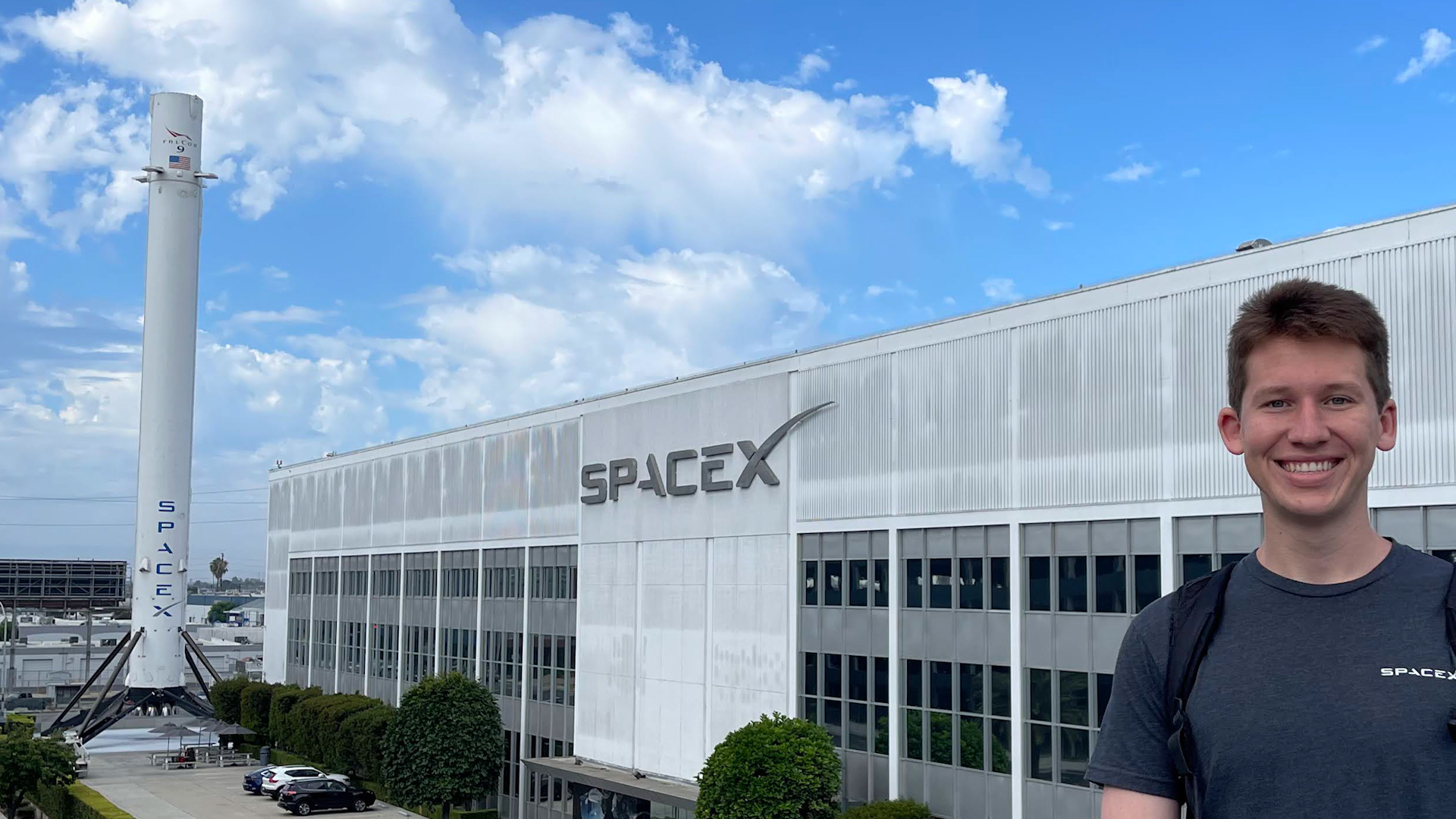
Alex Parrish
view all
view all
view all
view all
view all
Virginia Tech demonstrates impact as a global land grant – progressing sustainability in our community, through the Commonwealth of Virginia, and around the world.
Get Directions
See All Locations
Contact Virginia Tech
For the media
© 2024 Virginia Polytechnic Institute and State University. All rights reserved.
Tech News
Biden administration taps tech CEOs for AI safety, security board – NBC News
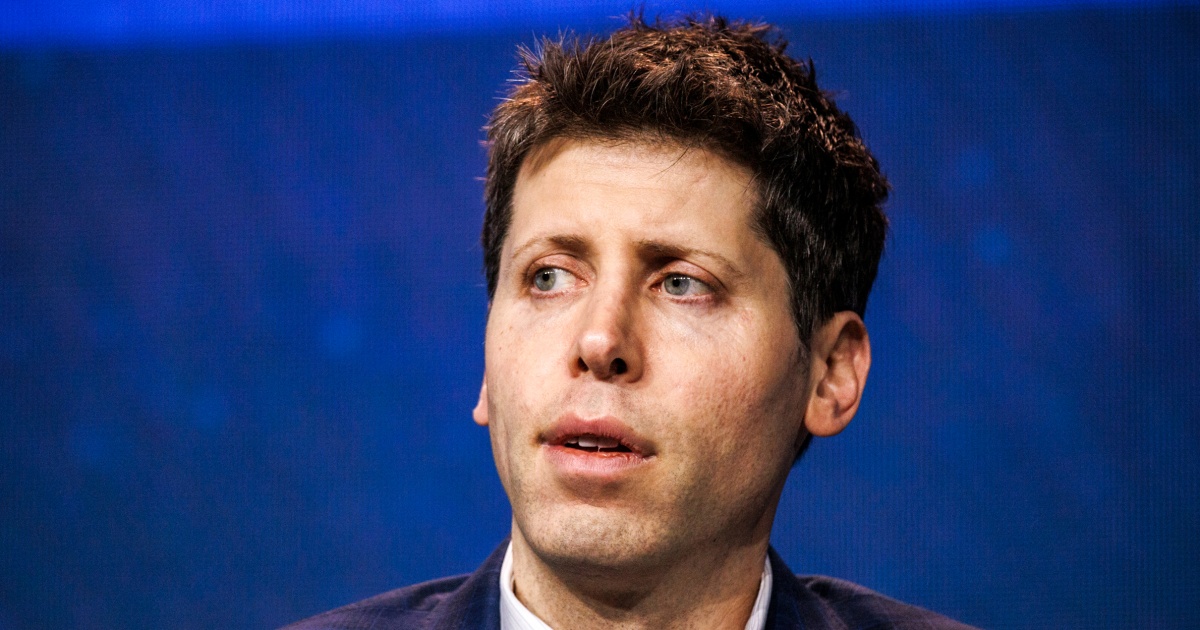
Profile
Sections
tv
Featured
More From NBC
Follow NBC News
There are no new alerts at this time
The Department of Homeland Security established an advisory panel Friday to study how to protect critical infrastructure including power grids and airports from threats related to artificial intelligence.
The Artificial Intelligence Safety and Security Board, which has 22 initial members, includes high-profile figures in tech like OpenAI CEO Sam Altman, Microsoft CEO and chairman Satya Nadella and Alphabet CEO Sundar Pichai, according to a statement from the DHS.
President Joe Biden ordered the creation of the board in October when he signed a wide-ranging executive order on AI, representing the federal government’s first foray into trying to regulate the technology since advanced AI apps including OpenAI’s ChatGPT went viral in popularity.
The board’s mission includes developing recommendations “to prevent and prepare for AI-related disruptions to critical services that impact national or economic security, public health, or safety.”
AI experts have identified a wide array of potential security threats that the new technology could make possible, from swarms of autonomous drones to cheap and lethal bioweapons to more effective hacking threats against critical computer systems.
The government’s defense may involve using AI to fight AI, the DHS said.
“The Board will develop recommendations to help critical infrastructure stakeholders, such as transportation service providers, pipeline and power grid operators, and internet service providers, more responsibly leverage AI technologies,” the department said.
Homeland Security Secretary Alejandro Mayorkas said in a statement that AI “can advance our national interests in unprecedented ways” but that it also “presents real risks — risks that we can mitigate by adopting best practices and taking other studied, concrete actions.”
In addition to tech CEOs, the board includes the CEOs of Delta Air Lines, defense contractor Northrop Grumman and oil producer Occidental Petroleum, as well as Maryland’s Democratic Gov. Wes Moore, Seattle Mayor Bruce Harrell and the leaders of two civil rights organizations.
David Ingram covers tech for NBC News.
© 2024 NBC UNIVERSAL
Tech News
What is AI, how does it work and what can it be used for? – BBC.com
-
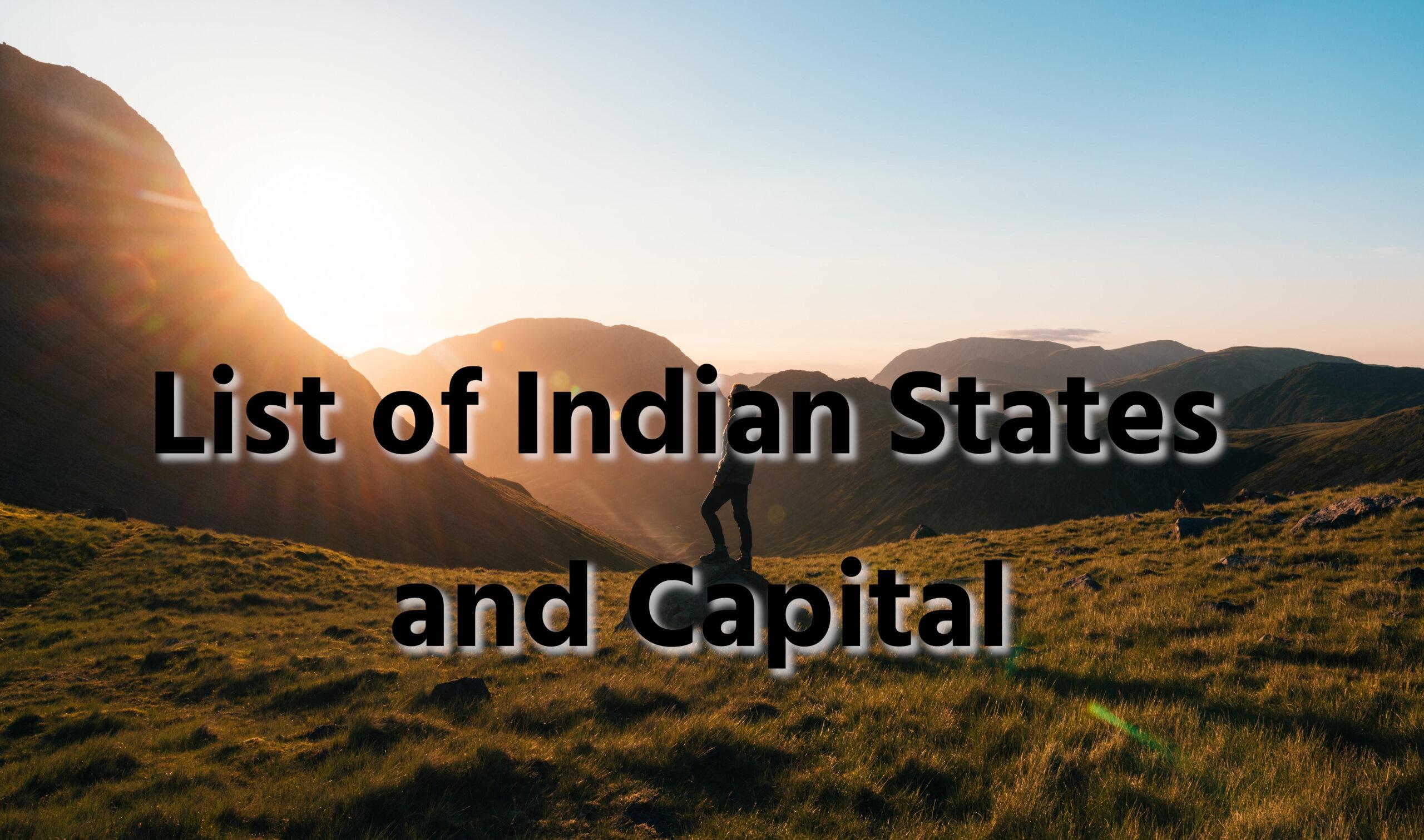
 General Knowledge2 years ago
General Knowledge2 years agoList of Indian States and Capital
-

 General Knowledge2 years ago
General Knowledge2 years agoList Of 400 Famous Books and Authors
-

 Important Days4 years ago
Important Days4 years agoImportant Days of Each Month
-

 General Knowledge2 years ago
General Knowledge2 years agoCountries and their National Sports
-

 General Knowledge3 years ago
General Knowledge3 years agoCountry Capital and Currency
-

 Important Days3 years ago
Important Days3 years agoHoli
-
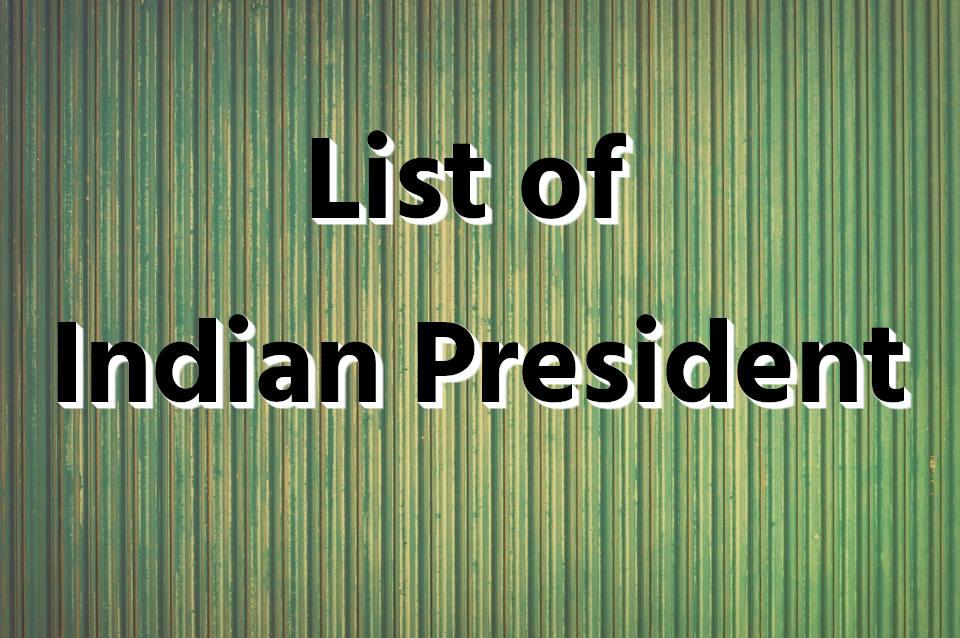
 General Knowledge2 years ago
General Knowledge2 years agoList of Indian President
-
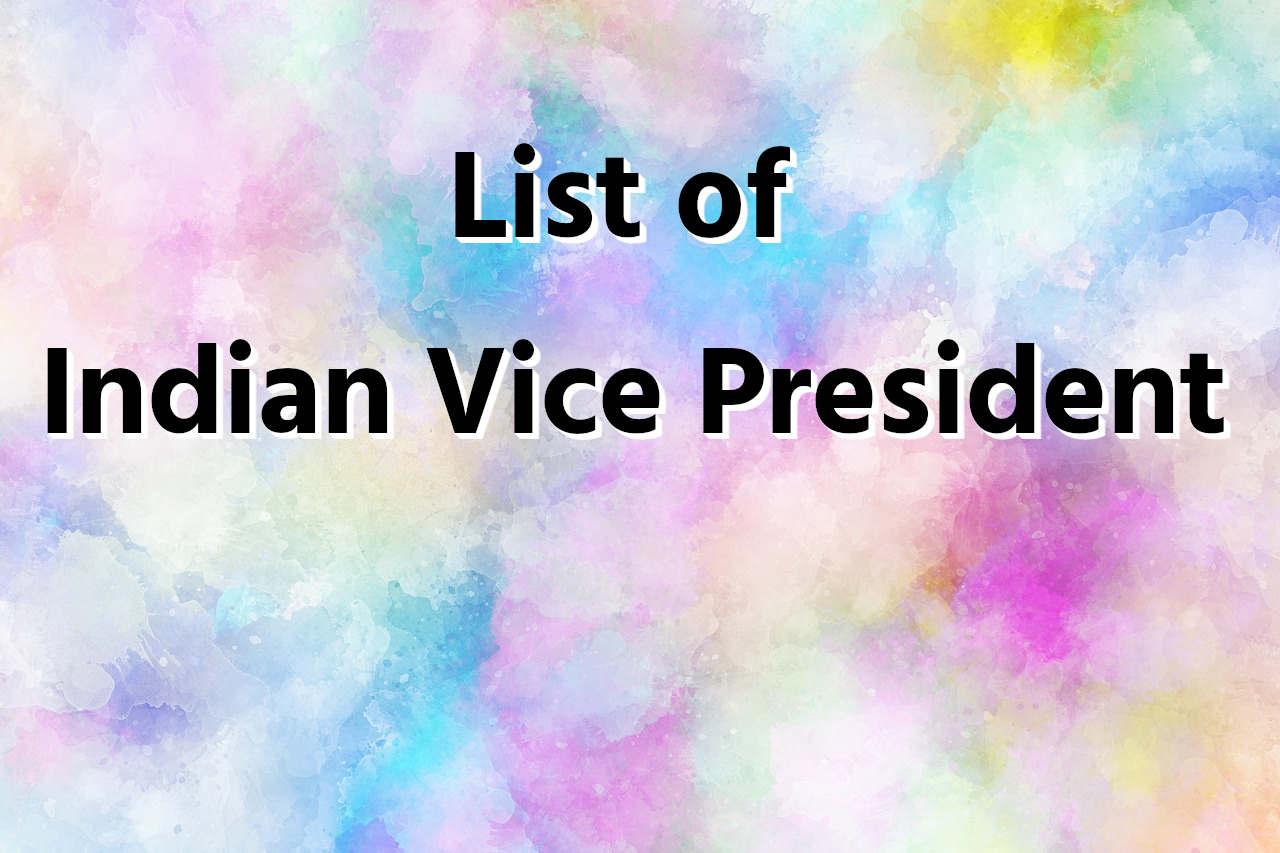
 General Knowledge2 years ago
General Knowledge2 years agoList of Indian Vice President


